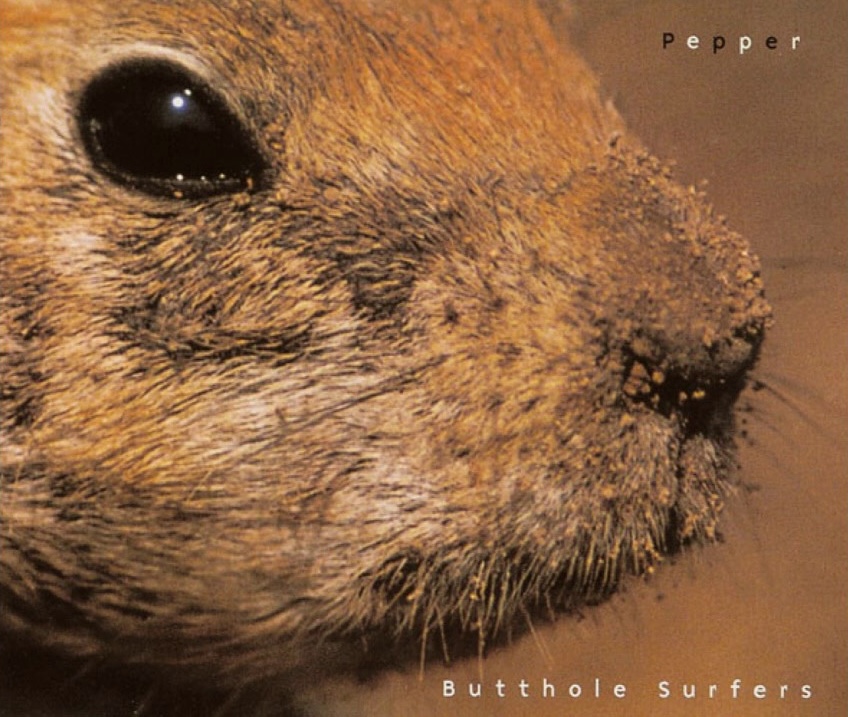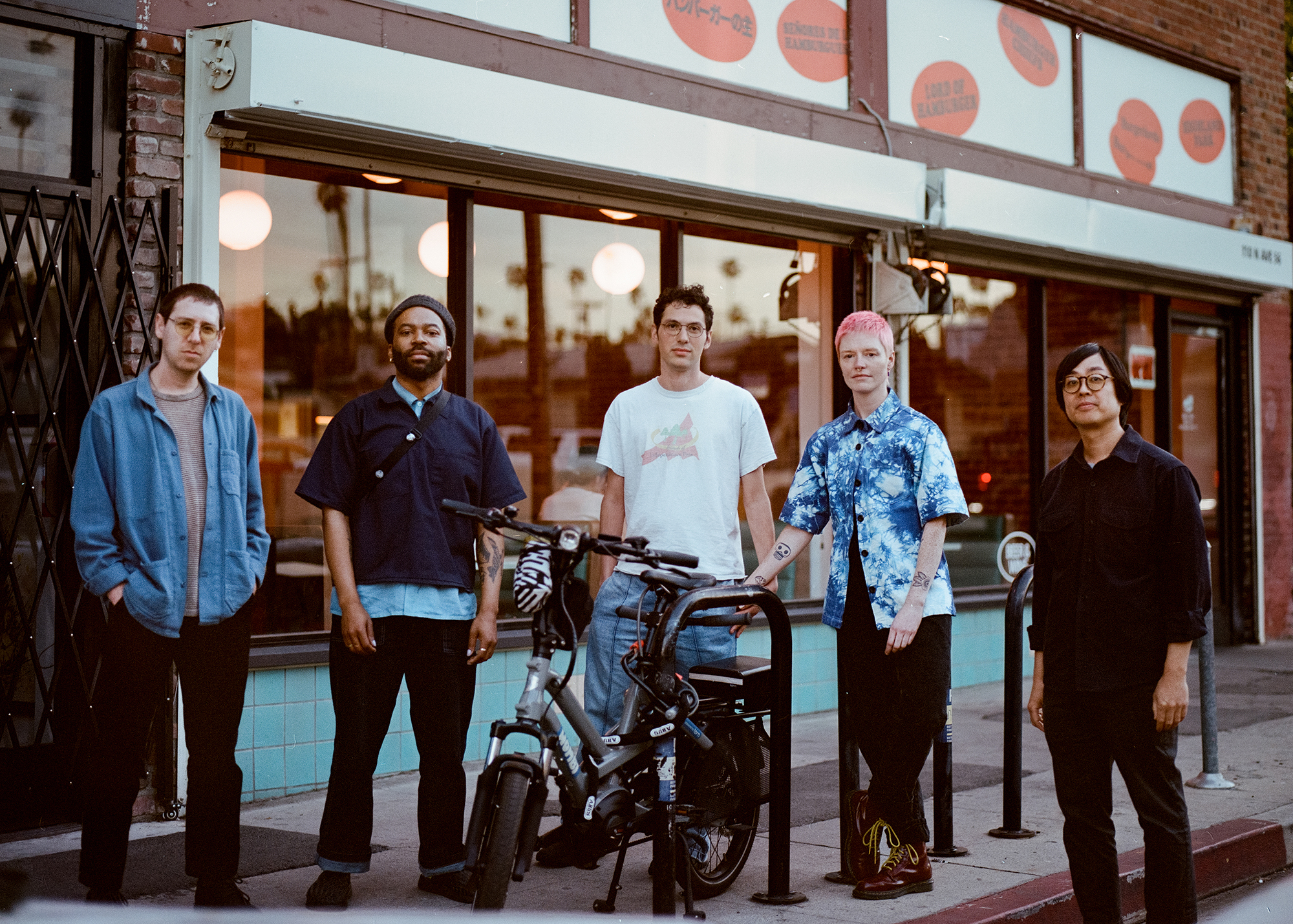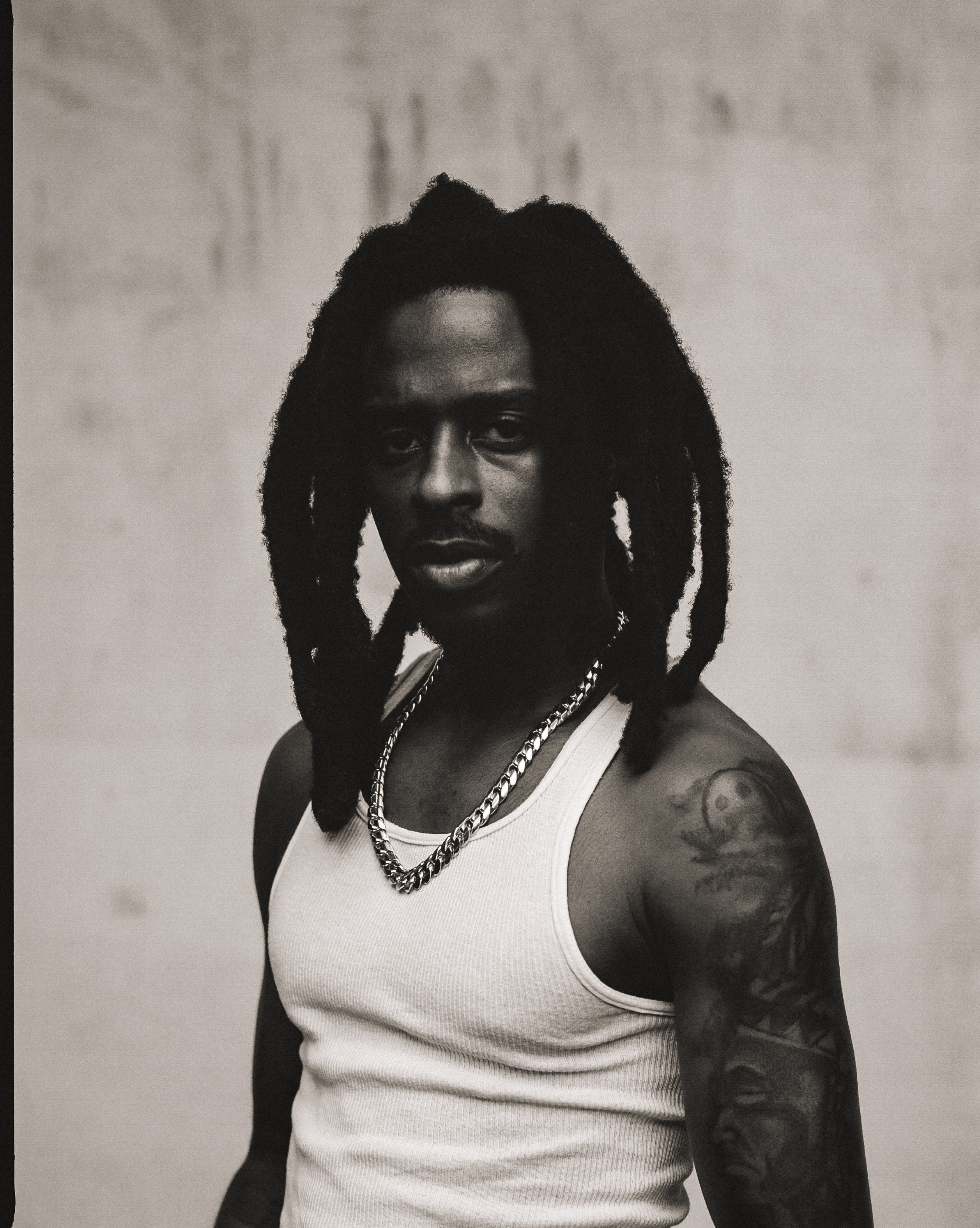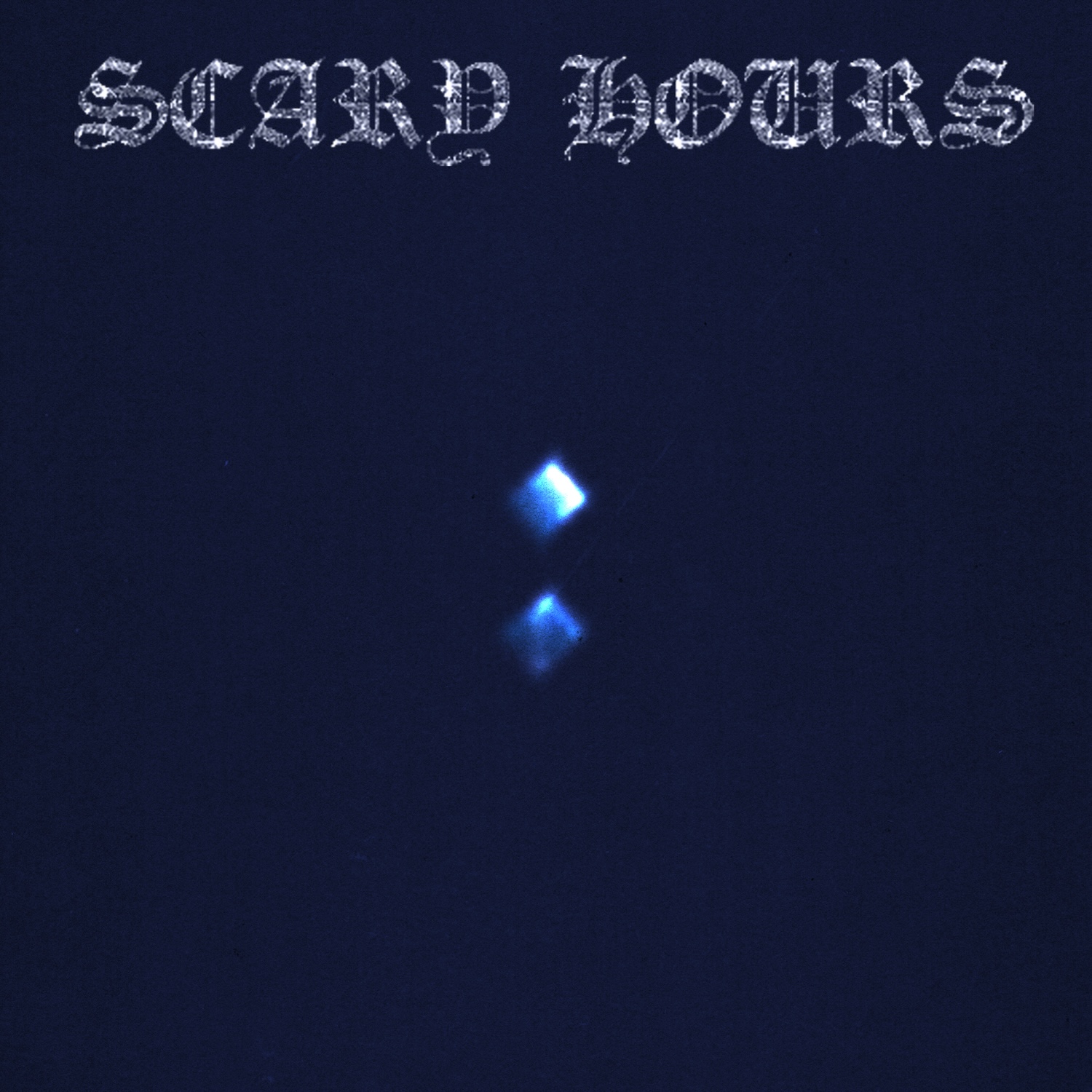Björk is Iceland’s biggest export. Even for those who are unfamiliar with pretty much any aspect of the country’s history, it’s a well documented fact that she’s its most renowned contribution to popular culture. Seeing her perform in Reykjavik last night was special, and in a theater packed with mostly outsiders venturing to the country for Iceland Airwaves, the specialness of the experience was palpable. A group of people seated behind me all held their breath and grasped one another’s hands as the lights dimmed and Björk took the stage. For many, Icelandic music is the closest they’ll get to Reykjavik. It’s safe to assume, then, that there are certain traits people associate with Icelanders. If you’re looking to Sigur Rós, it’s a certain ethereal, depressive vibe. If you’re looking to Björk, it’s a playful weirdness that exists outside of time. Obviously, one artist cannot define an entire country, but Björk has always been an appropriate mascot for this place. She proves that in spite of its isolation, and maybe even because of it, creative possibilities are boundless.
Harpa, Reykjavik’s centrally located arts complex, sits on the water, and during Iceland Airwaves it’s sort of the hub of the festival. Björk performed here at Airwaves '11 and this year’s appearance was announced only a few weeks before the festival began. (She was supposed to headline last year’s Airwaves, but cancelled, citing scheduling conflicts.) It wouldn’t be too presumptuous to assume that Björk was hesitant to perform her latest album live; Vulnicura is her most devastating, recorded both before and after divorcing her husband Matthew Barney (with whom she has a child) and a breakup album in the most pragmatic, least romanticized sense. Vulnicura is hard to listen to, but it’s one of Björk’s most defining statements. While touring the album, she played most of the songs as they appeared in order, and she’s been said to appear “emotional” onstage, wiping tears from her cheeks, etc. Which is a reasonable way to be when you’re standing up there singing about the greatest heartbreak of your life.
The power of Björk’s Vulnicura performance lies in her ability to emote for our viewing pleasure. It sounds sickening when I phrase it that way, but stay with me here. She joined her full orchestra onstage at Harpa wearing a puffy red dress designed by David Ferreira, red stockings, and red platform shoes. On her face was a mask that looked a lot like a ruff. In that moment, she looked just like the Queen Of Hearts, and then she started to sing and I decided it wasn’t an apt comparison. Björk began with “Stonemilker,” which opens Vulnicura with an admission of distance. “Our jux-ta-po-si-tioning fate,” Björk sang, landing each syllable as if it were its own word. “Find our mutual coordinates.” I’m not really a cryer, and I cried. There is something so overwhelmingly sad about watching Björk sing these songs. She has made sad music in the past, yes, but there’s always been a playfulness to her character that transcends misery. On Vulnicura, though, she’s kind of just letting us know every single dark thought that passed through her head during a life-altering breakup. To see anyone stripped of their joy is terrible. To see Björk deprived of hers is borderline unbearable.

“Black Lake,” Vulnicura’s centerpiece, was a rare moment of total abandon during the set. Björk sang it with the same fury we felt when its 10-minute long accompanying film came out. Throughout the Vulnicura set, Björk made slow, hesitant movements. She’d shuffle from one side of the stage to another, look out at the audience from under her mask during the most cutting lines. On “Family,” she emphasized the words “father,” “mother,” and “child,” as if to remind us all that this isn’t just about her doomed relationship. It’s also about her children. “Is there a place where I can pay respects for the death of my family?” she sang. “Show some respect.” Throughout the set, Björk didn’t say anything aside from an occasional “takk” (thank you).
On “Notget,” one of my favorite songs on Vulnicura, Björk sang about how losing love brings us closer to death, makes us more aware of our own mortality. It was a relatable song for anyone who’s suffered a great heartbreak, because Björk tethered together companionship with a sense of safety. What is a relationship if not a stronghold, a fortress, that keeps us sheltered from life’s nastiness, its daily ups and downs? Without love I feel the abyss, understand your fear of death. Björk described the love she shared with Barney as an irreplaceable safety net, and “Notget” described the freefall she experienced once it was gone. When a relationship ends we’re expected to be strong. To mourn and then let loose and let go. To remember that there are “other fish in the sea,” and “he wasn’t that great anyway.” Maybe that’s true, but I often find that breakups feel more like a death than anything else. It’s hard to describe that sense of insatiable longing for what was in any other way.
After an intermission Björk opened the second half of the show with Vespertine’s “Aurora,” a song about the Northern Lights, which felt particularly appropriate. She went on to do “Jóga,” and later, to everyone’s surprise, Volta’s “Vertebrae By Vertebrae,” which she hadn’t performed live since 2013. Björk was more animated during the second set. She walked out in a blue Emanuel Ungaro ensemble and a Gucci headpiece that bounced atop her head and looked a bit like a jellyfish. She spoke a bit more, and giddily thanked everyone in Spanish after cycling through Icelandic and English. She looked happy. Björk encored with “Pluto,” which sounded absolutely massive backed by an orchestra. Still, I couldn’t really stop thinking about the opening set. It was one of the most intense performances I’d ever seen, and it impressed me that Björk was able to turn that emotionalism down, or in a new direction, for the second half.
Watching Björk perform Vulnicura left me with one question: Where does love go when it leaves us? The answer is different for every person, but watching Björk perform her heartbreak onstage presented one of the possibilities. Maybe you get a new hobby, maybe you get a pet, maybe you put that love into a piece of art as towering and devastating as Vulnicura. When Björk sings to an audience, she might as well be the only person in the room because she overwhelms it. I like to think that last night, and every night Björk performs, she finds all of the love she thought she’d lost in us. As if giving into that heartbreak is a means through which to find absolution.







